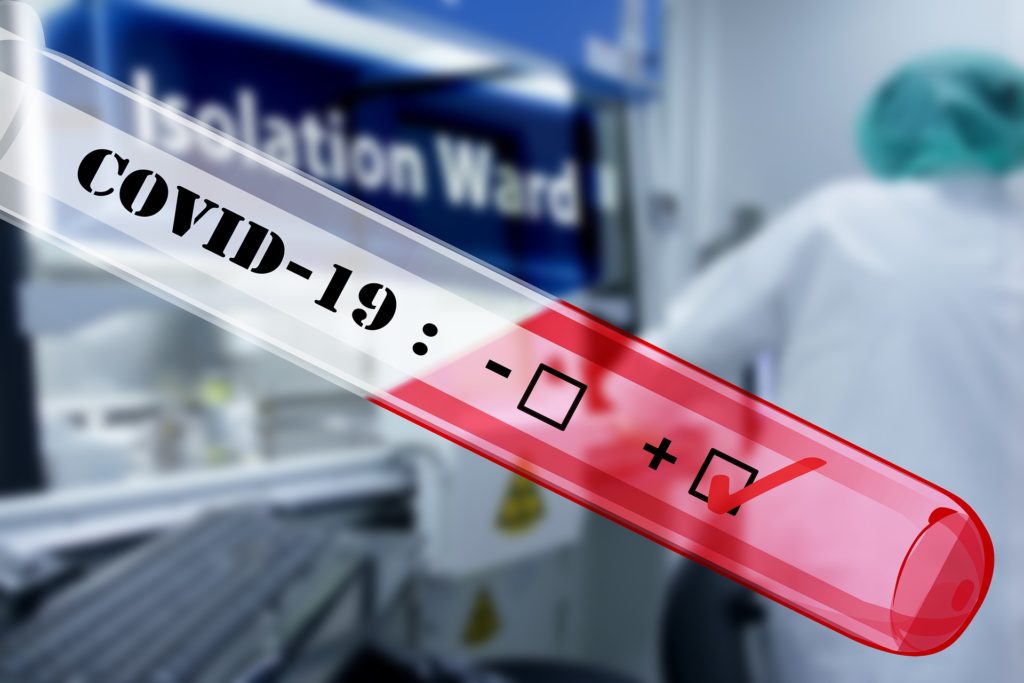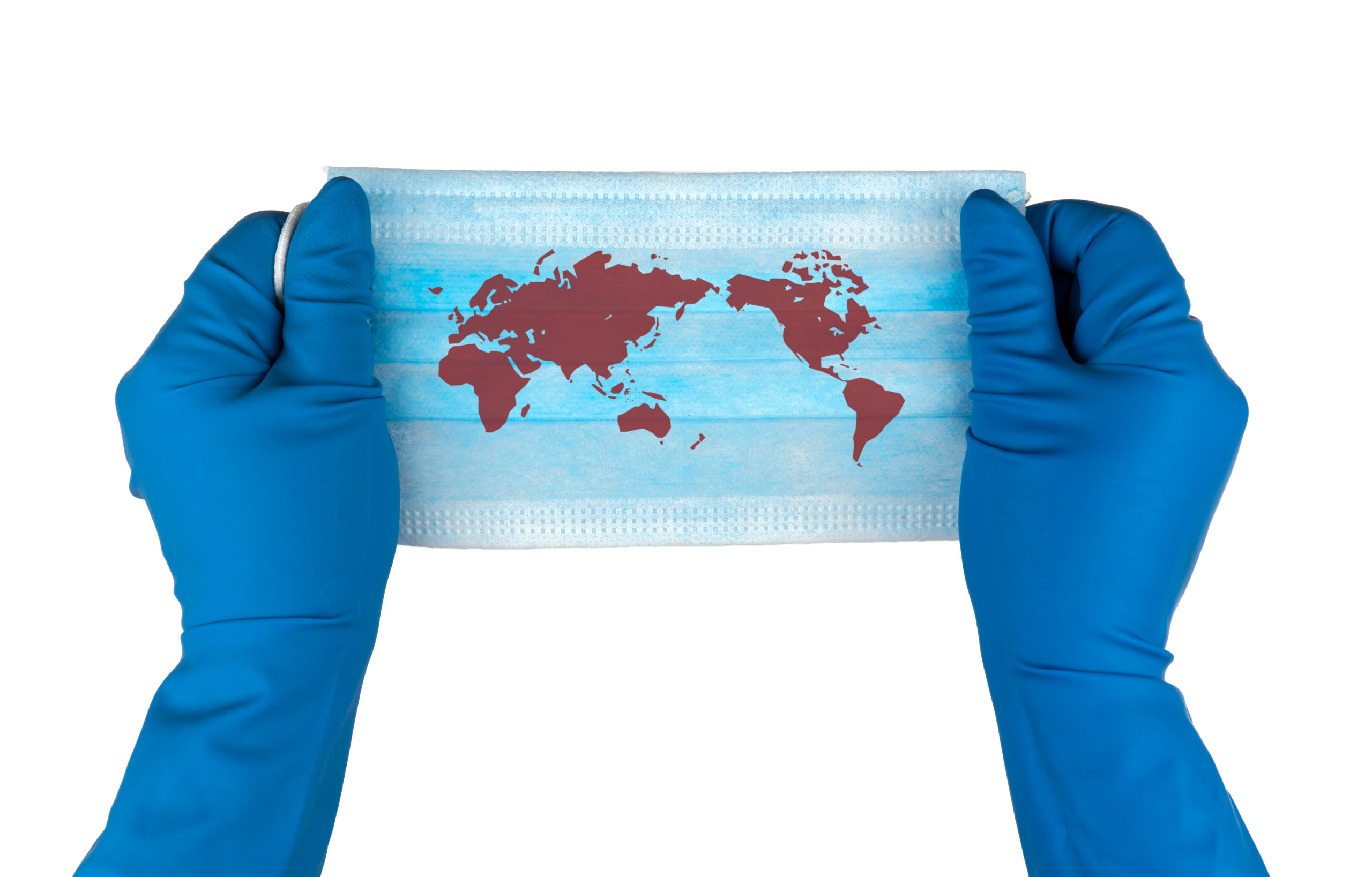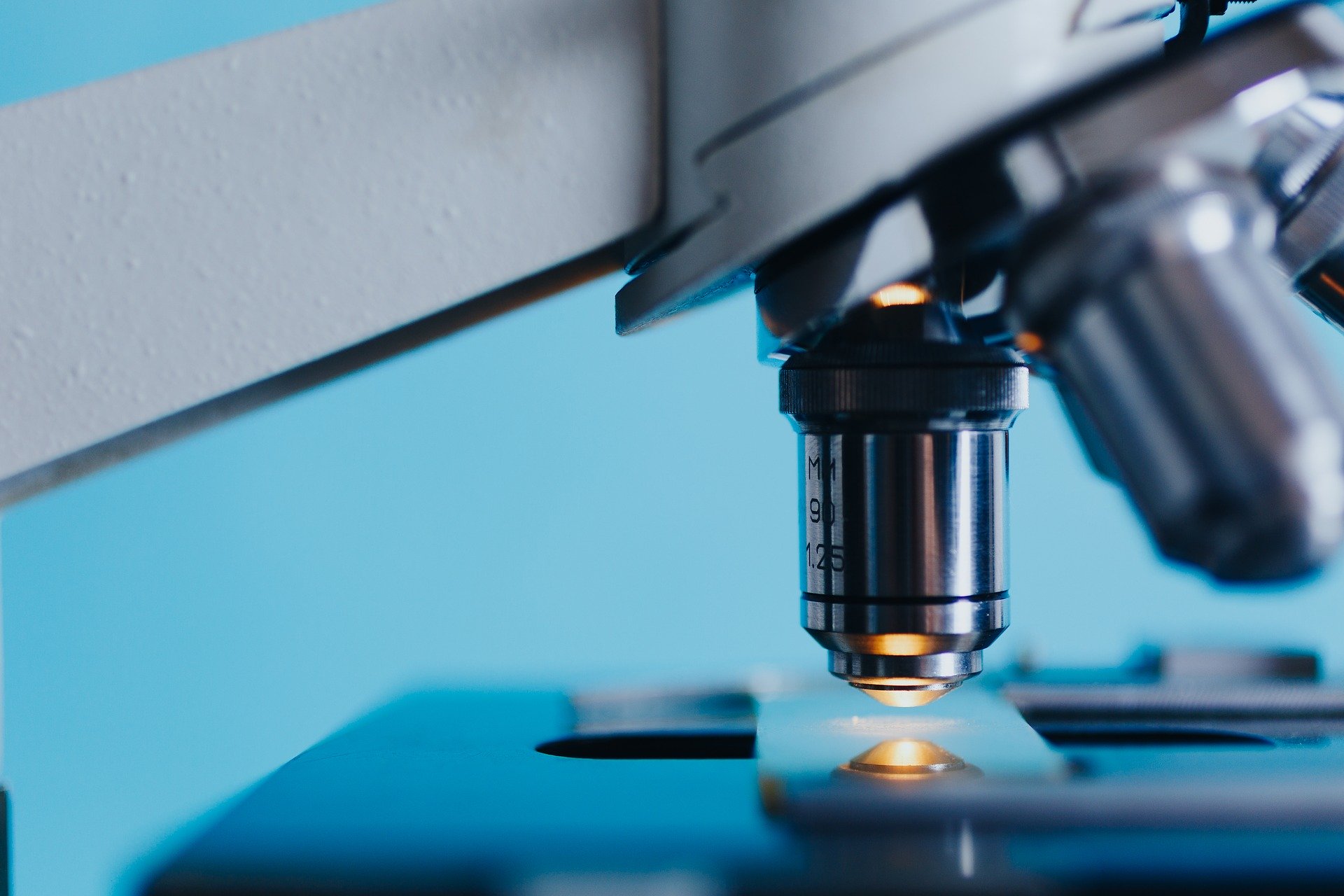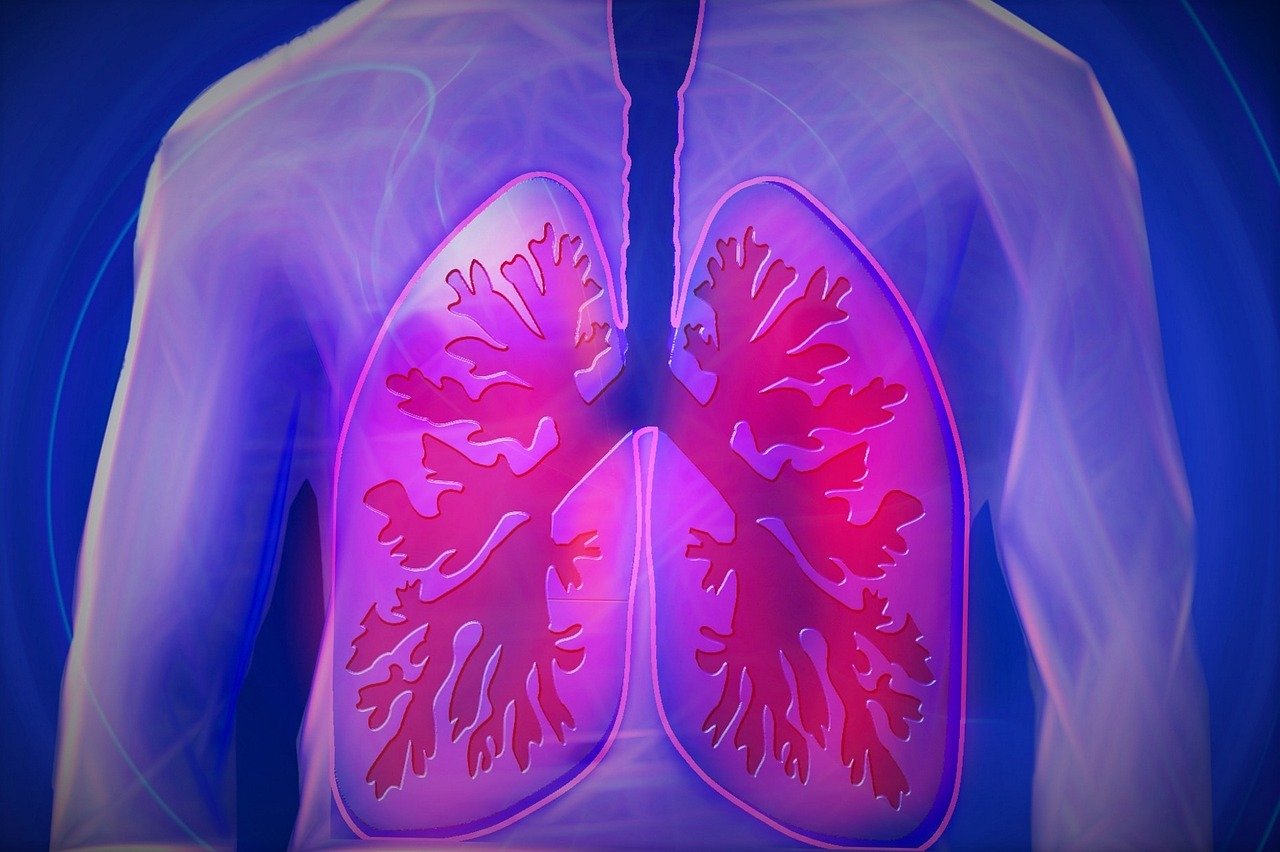As the COVID-19 pandemic surges on with increasing death tolls, and hospitals becoming overwhelmed by patients and shortages in medical equipment, researchers across the world are working together to try to find solutions for both the short-term and long-term treatment and care of patients in the battle against the disease. There is currently no drug or vaccine for the SARS-CoV-2 virus that causes COVID-19 infection, making it that much more urgent to find treatments for it.
As part of these efforts, Canada is conducting the world’s largest clinical trial for plasma-based treatment of COVID-19. The trial involves approximately 50 institutions across Canada with the participation of researchers from the Université de Montreal, McMaster University and the University of Toronto among others. The trial is estimated to be completed in three months and will involve more than 1,000 patients.
The treatment involves the transfusion of antibody-rich plasma, the pale yellow-colored component extracted from blood, obtained from people who were previously infected with, and successfully recovered from, COVID-19. Individuals that recover from the virus now have acquired immunity through the presence of virus-specific antibodies in their plasma.
When the body encounters a foreign pathogen, B cells of the adaptive immune system give rise to plasma cells that produce specific antibodies uniquely designed to fight the pathogen; these antibodies can remain in the blood for years to come. In the process, memory B cells are also generated from the B cells; these memory cells can rapidly produce more antibodies if the same bacteria or virus is encountered in the future, hence the name ‘memory’ cell.
Related: Testing of New COVID-19 Drug That Blocks Viral Infection Begins in Patients
The plasma therapy, known as convalescent plasma therapy or ‘passive antibody therapy’ involves transfer of antibodies from recovered patients into sick patients in order to provide them with passive immunity. This is in contrast to active immunity, which is acquired either through direct infection, or through a vaccine. Convalescence refers to recovery from illness or injury.
Convalescent plasma therapy is not a new treatment as it has been around since the late 19th century in the treatment of infectious diseases. It was first used to treat diphtheria in the 1890s and is credited as having saved over 45,000 lives annually in an era when antibiotics were not yet discovered. More recently, it was used to treat patients in the 2014 – 2016 Ebola outbreak in West Africa.
Convalescent plasma will be collected from COVID-infected individuals about a month after they have recovered. Finding enough donors may pose to be a challenge, which is why the treatment will be prioritized to patients who are currently suffering from the illness, as opposed to being tested as a preventative treatment for healthcare workers such as nurses and physicians; the latter is an option that may come later if enough plasma becomes available.
Over 400,000 people globally have successfully recovered from COVID-19 and theoretically, all of these people would have acquired immunity against the virus, making them potential donor candidates for plasma treatment of patients who are currently ill with the virus.
Canadian Blood Services (CBS), and Héma-Québec, is working with provinces in Canada to identify and contact recovered individuals as potential donors. CBS is leading the Canadian effort and has partnered with international researchers and experts in Australia, Germany, France, Italy, China, South Korea, the United Kingdom and the United States.
Many countries around the world have expressed interest in collaborating on the trial and as such, Canadian researchers will be sharing protocols and incoming data with institutions around the world.
Researchers in other countries including South Korea, China and the United States have also started conducting trials on plasma therapy for COVID-19. In fact, a recent study in the Journal of American Medical Association (JAMA) reported that convalescent therapy proved to be effective in treating five critically ill COVID-19 patients in China. Although the results are promising, because the study only consisted of five patients, further studies such as the current Canadian-led trial are warranted.
The COVID-19 pandemic is a global health concern that will require international global efforts in combating it through the development of effective treatments.











Join or login to leave a comment
JOIN LOGIN